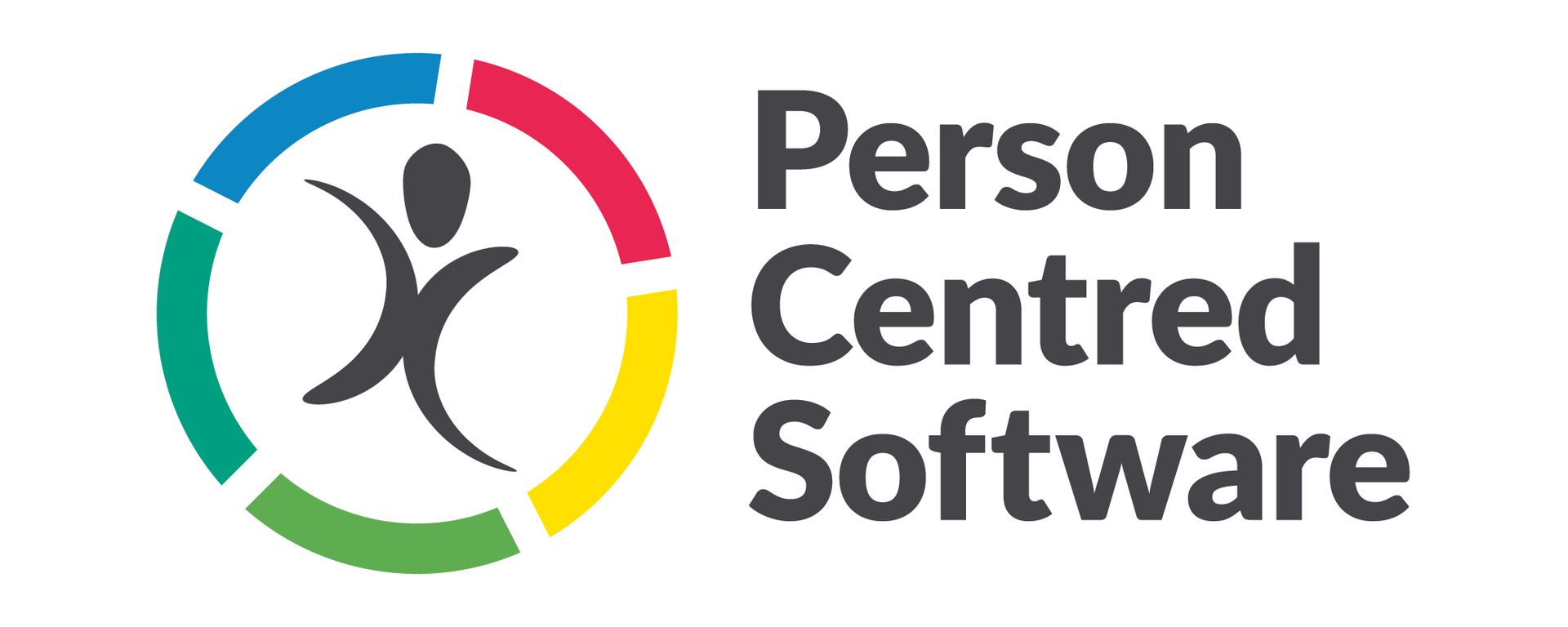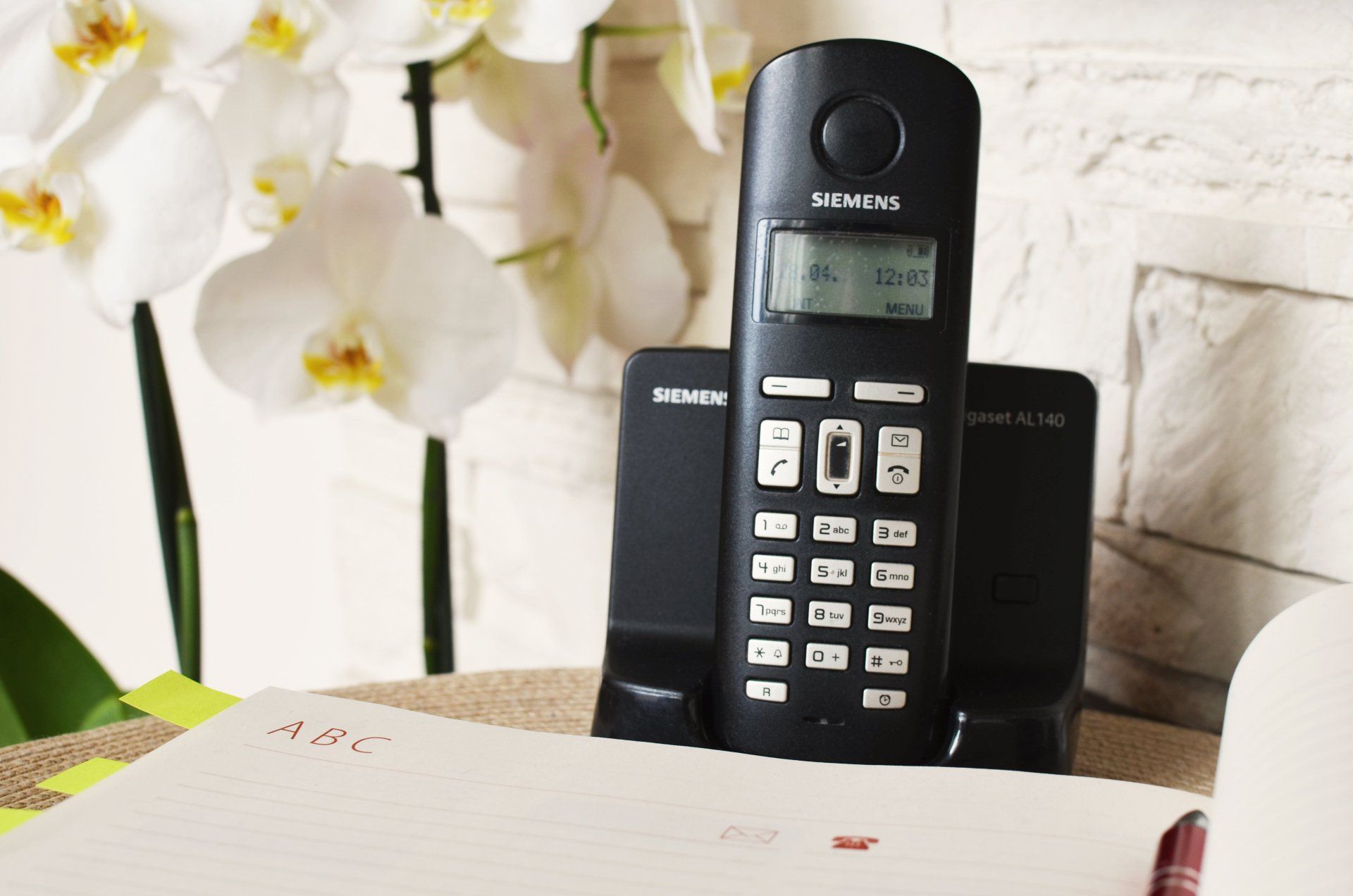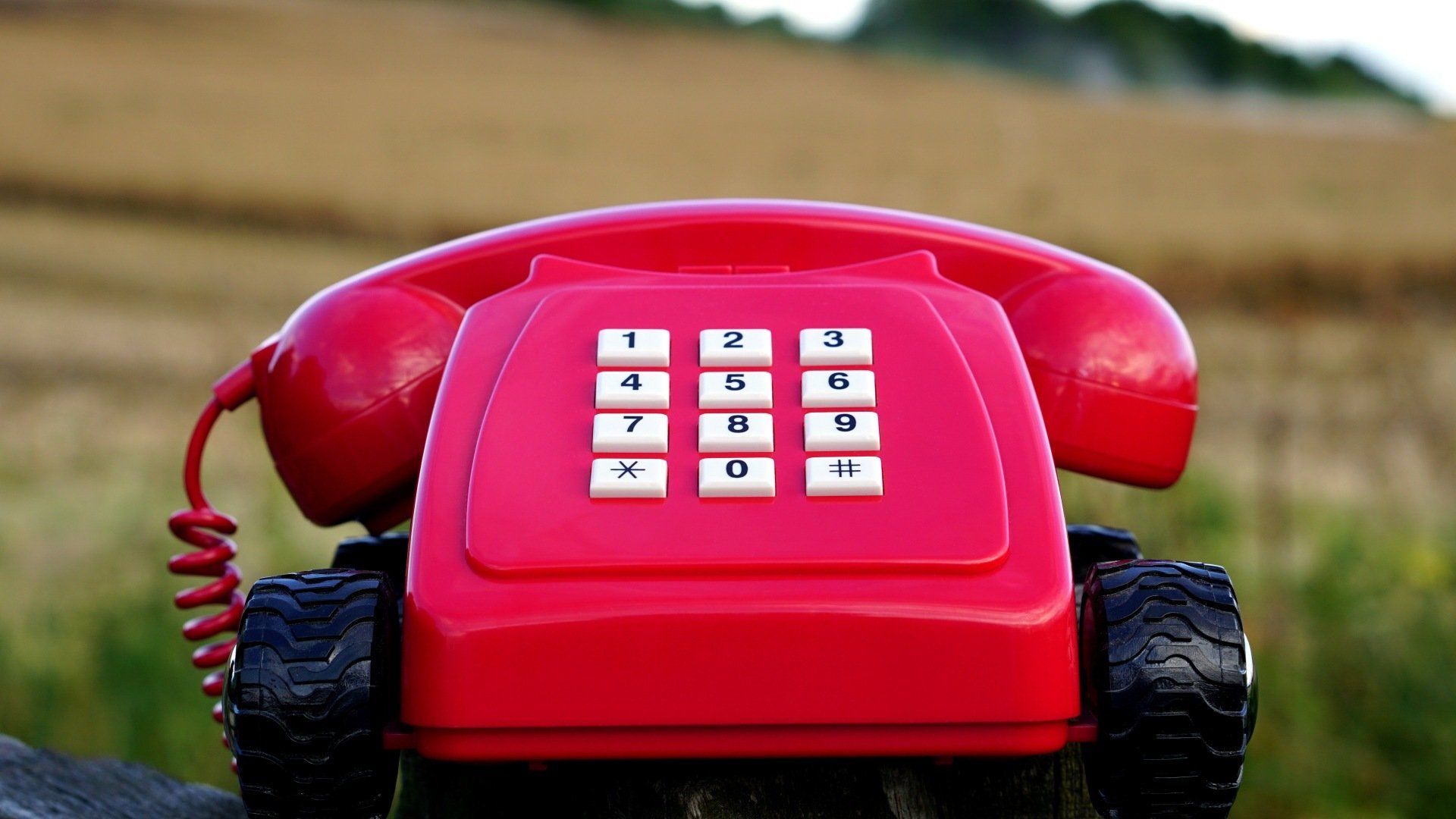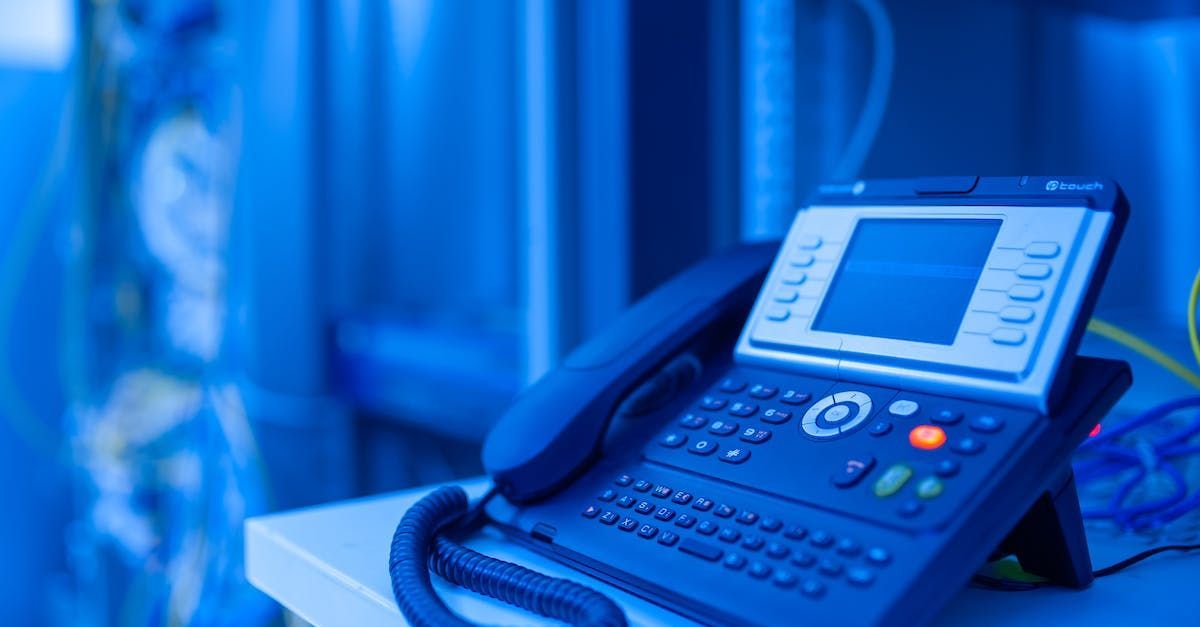Digital Switchover
By 2025 our existing phone system will switch over from the current analogue system to internet based systems. This may have implications for your existing phone lines or for services users on telecare systems
The switchover only applies to landlines, mobile phones are not effected.
What is the Digital Switchover?
Currently our phone system uses analogue technology. As part of the Governments drive to digitise in general and to ensure the infrastructure can cope, it was annouced in 2016 that the existing analogue phone system would switch off in 2025.
You may remember when the TV system was switched from analogue to digital a few years ago and people had to buy new TVs or set top boxes in order to continue watching TV. This is a similar situation in that you may need new equipment in order for your phone system to continue working.
Unlike the TV switchover there are no set dates for the switchover (other than by the end of 2025) and it may be that your telephone provider switches over early.
What does that mean?
From 2026 all phone calls will be carried out over the internet so you must have a broadband internet service in order to receive phones calls.
This is not new technology and has been around for many years. It is often referred to as a VOIP service (Voice Over Internet Protocol) and telephone providers have been actively encouraging their customers to move over to the new technology, so it may be your system is already compliant and you don't need to take any further action (If you've changed your phone system in the last 5 years it is probably a given but do check).
VOIP allows gives you more options such as making calls through apps on your computer or phone or even video calls and messaging.
If you think your telephones are still using old analogue technology then you should contact your telephone service to upgrade now.
At a very basic level, if you only have one landline and one telephone handset post switchover, the phone will need to be plugged into your internet router in order to continue working (or the phone itself may need replacing).
Your telephone service provider should have been in touch with you by now, so if you think you still have an analogue service then contact them now.
Telecare systems
The transition to digital will lay the foundations for a next generation of telecare services that will support more personalised and early preventive interventions. However, telecare is still mainly provided through analogue equipment
There are some key questions to ask yourself if you use or provide a telecare service:
- If the care service you provide includes provision for people to access telecare alarm devices, have you discussed the switchover with your service provider or equipment supplier?
- Does your telephone provider know you have service users using telecare devices linked to their telephones?
Other systems to check
As well as Telecare services there are other systems you may have in your service that potentially use analogue phone lines
- lift lines – these often rely on analogue telephone lines and may need replacing
- door entry systems – some buildings use analogue phone lines for their entry system
- security and burglar alarms
- fire alarms
- fax machines (if you still have one)
Our Partners:

Slide title
Write your caption hereButton-

Slide title
Write your caption hereButton -

Slide title
Write your caption hereButton -

Slide title
Write your caption hereButton -

Slide title
Write your caption hereButton 
Slide title
Write your caption hereButton-

Slide title
Write your caption hereButton
-

Slide title
Write your caption hereButton -

Slide title
Write your caption hereButton 
Slide title
Write your caption hereButton-

Slide title
Write your caption hereButton 
Slide title
Write your caption hereButton-

Slide title
Write your caption hereButton -

Slide title
Write your caption hereButton
West Midlands Care Association, Globe House, Park Lane, Halesowen, B63 2RA
Registered in England and Wales No 04972911
© 2022 West Midlands Care Association, all rights reserved











